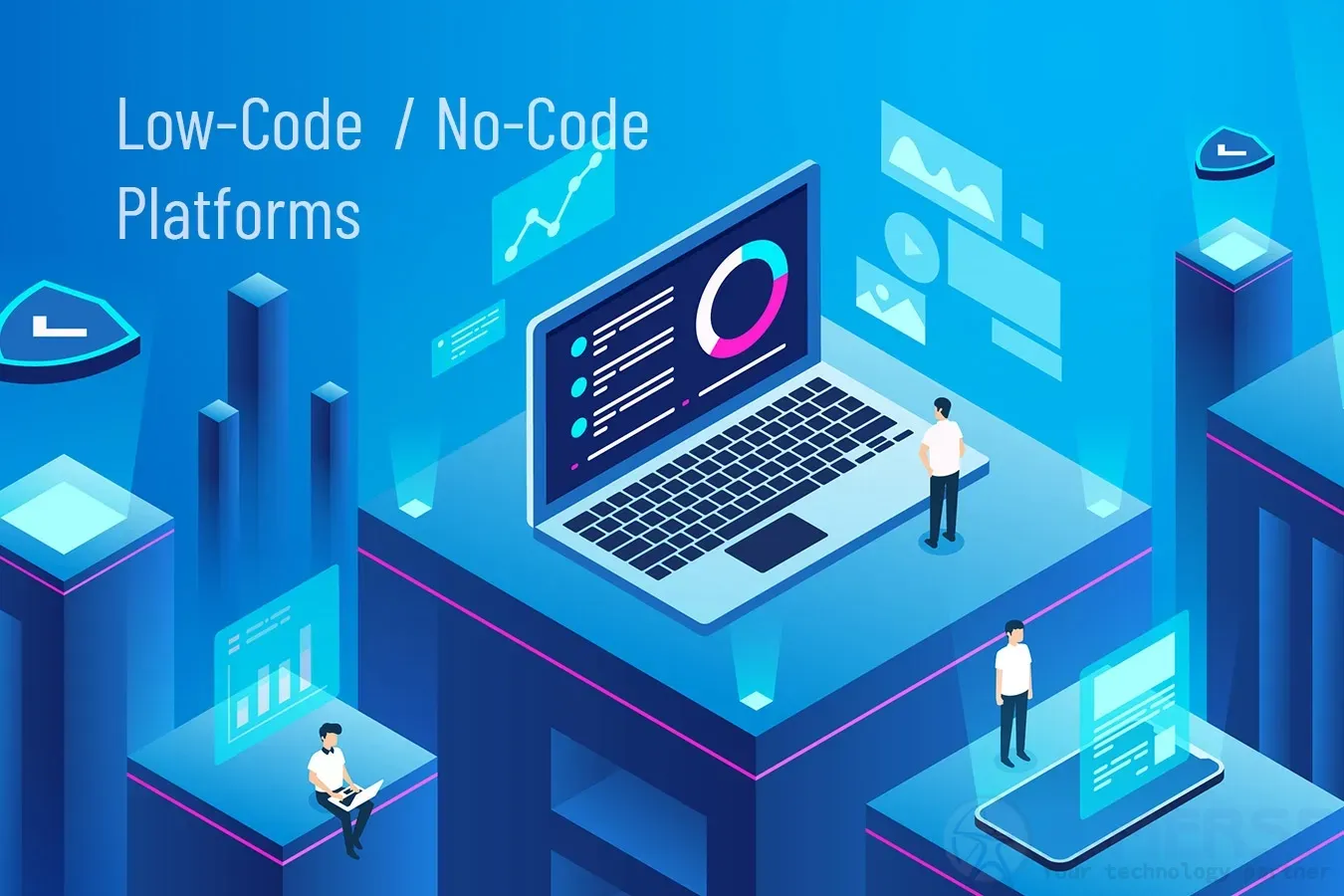Low-Code/No-Code Platforms: Accelerating Startup Product Development
Today, the challenge that the fast-evolving digital space presents to startups is bringing innovative products to the marketplace faster in a more resource-lean way. Low-code and no-code platforms have been game changers in this regard as applications could be developed rapidly without much need for hand-coding of most applications, thereby speeding up the product development process.
Understanding Low-Code and No-Code Platforms
Low-code platforms enable building a development environment where applications are built with the least amount of actual coding. Applications are created through visual interfaces as well as pre-built components; therefore, they require significantly less effort in their creation. No-code platforms further this step by allowing non-developers to fully build applications using a graphical user interface completely without any code. Such applications democratize development because it allows the resource of application building to everybody.
Advantages for Start-ups
- Fast prototyping and development: Low-code/no-code platform allows the quick creation of a prototype and then iteration. That kind of thing lets the startups faster validate their ideas and speed to market.
- Reduced development costs: Such a platform lowers the development cost as there's a reduced amount of coding that needs to happen. Resources then can be channeled to critical areas of startups.
- Closing Skills Gap: Many start-ups suffer from a lack of skilled developers. Platforms with low-code/no-code enable nontechnical members of the team to create applications that will bridge the skills gap.
- Ease of Adaptation to Modification: Changes and updates can be made that are extremely important in adapting to a continuously changing market.
Considerations and Limitations
Low-code/no-code platforms are advantageous in many ways but limit some features and functionalities. Complex applications requiring a specific set of functionalities or integration cannot be achieved with such a platform. Sometimes, it even causes scalability issues and vendor lock-in problems. Startups must consider their special needs and future requirements before settling on such a platform.
Addition of Custom Development
Low-code/no-code platforms may be used with traditional development methods for startups that plan to create scalable and feature-rich applications. The hybrid model allows for fast prototyping and core feature building using low-code/no-code platforms and custom development for complex functionality and integrations.
Aimerse Technologies provides customized software development services through a broad spectrum of technologies that include React.js, Node.js, Python Django, Laravel, and Java Spring Boot. It helps in the addition of low-code/no-code solutions with traditional methodologies for developing applications, which makes it flexible and scalable for startups.











